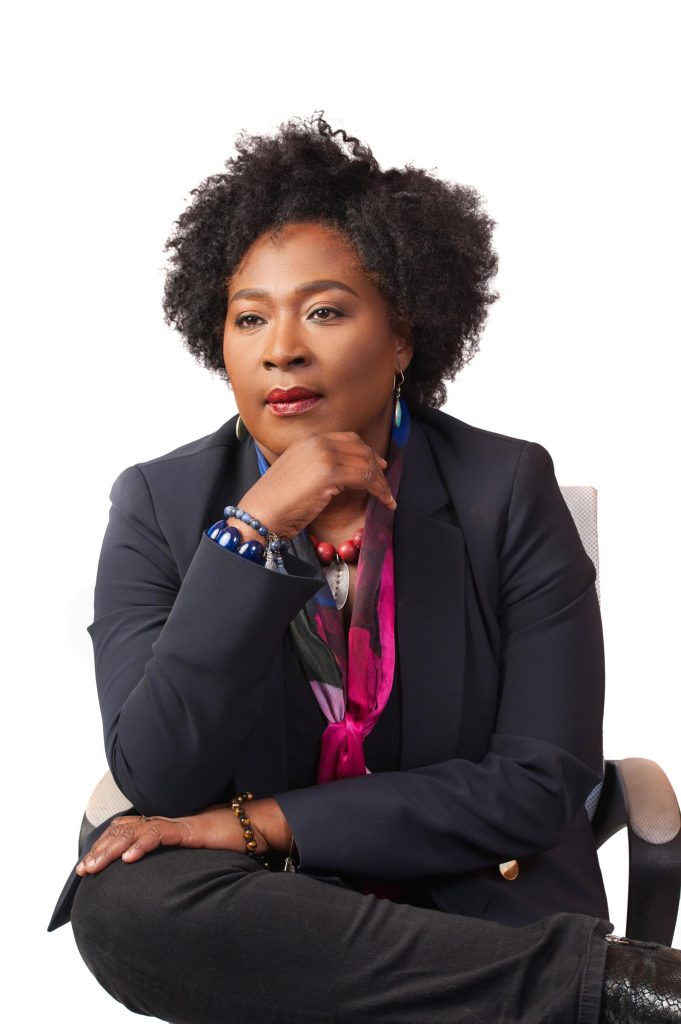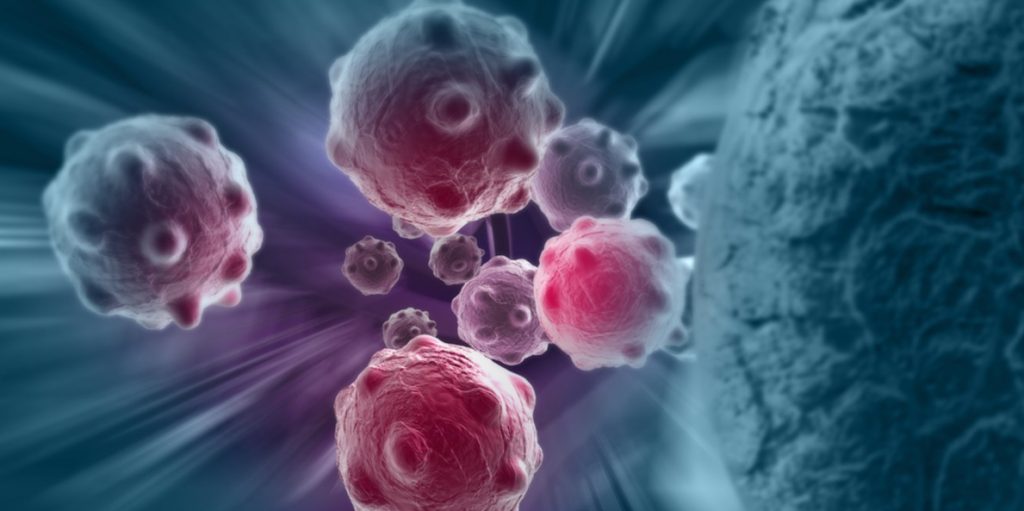
Dr. Desirée Cox, MD, PhD is a thought leader in future health innovation. She is a Rhodes Scholar, medical doctor, published author and contemporary visual artist whose work has been shown in exhibitions all over the world. She is also the founder and CEO of The HEALinc Innovation Incubator and the HEALinc Future Health Innovation Summit.
The 2018 Inaugural Summit takes place this year, October 7th-9th at the Melia Hotel in Nassau, Bahamas.
Dr. Cox has earned degrees from McGill University (Canada), Oxford University (UK) and Cambridge University (UK). She is an honorary professor of the Rutgers Graduate School of Biomedical Sciences and a former university professor and honorary professor of creativity, health and wellbeing at the University of Exeter (UK). She has also been recognized by the British Medical Journal as a ‘Renaissance Woman’ for her application of psychological medicine to real world problems.
In October 2017, she was one of six Oxford University alumni whose portraits were hung in the Great Hall at Pembroke College. These select alumni are persons whom the governing body and art committee of Pembroke College have determined are distinguishing themselves in their respective professional fields and have achieved prominence in the public eye, especially through focusing their expertise on social impact.
In April 2018, Dr. Cox was invited to present at the prestigious fourth annual Vatican Conference, ‘Unite to Cure: A Global Healthcare Initiative.’ I am excited and honored to release this interview with her, because she is both a visionary and global leader in the field of regenerative medicine.
Interview with Desiree Cox, MD, PhD
Cade Hildreth: Where and how did your personal and professional career begin?
Dr. Desirée Cox: I started my university education at McGill University, where I specialized in quantum chemistry. I was fascinated by quantum mechanics, non-equilibrium thermodynamics and, well, anything involving small particles. At that level of the universe, the rules appear to be different than if you were dealing with social processes, human physiological systems, etc.
While at Oxford University studying medicine as a Rhodes Scholar, my fascination with ‘systems’ grew. As Albert Einstein put it, “The field is the governing principle of the particle.” Similarly, it seemed that, in my mind, the ecosystem of a historical period shapes the way medical knowledge is created.
Studying the cultural, social and methodological factors that shaped the randomized control clinical trial as the gold standard for evaluating the efficacy of medical therapies was a powerful way of refining my ideas about the systemic factors that shaped medical knowledge.
After completing my MD at Oxford, I went on to study history and philosophy of science and medicine at Cambridge University, where I received my MPhil and PhD. After my academic studies, I specialized in psychiatry in London and worked in that area for about four or five years.
Cade Hildreth: How has your career path evolved since completing your studies?
Dr. Desirée Cox: I would say that I really began to come into my own, career-wise, around 2000. I had the crazy idea that live music and dramatic performances in the public spaces of hospitals could help create an atmosphere of hope and possibility in these stressful places.
The process of going from a great idea to two ‘Live Music in Hospitals’ days at Guys Hospital and St Thomas’ Hospitals in London revealed my path as a healthcare entrepreneur. I was using my left brain for medical and analytic training, but, as a jazz-musician and visual artist, I was using my right brain as well.
I saw the value in combining creativity and the life sciences to develop products, services and initiatives that were innovative but, more to the point, took the direction of medicine towards prevention rather than reversal of illness. It was a healing rather than treatment. That trajectory took various job descriptions for me working in North America and Europe.
Cade Hildreth: How did your interest turn to stem cell therapeutics, and did that bring you back to the Bahamas?
Dr. Desirée Cox: Innovation is happening everywhere, not just in the traditional centers of excellence. In 2014, I was invited by the Bahamas Government to play a leadership role in spearheading the stem cell and regenerative medicine industry in The Bahamas. The opportunity peaked my attention. I was living in London at the time. I have lived and worked all over the world, but I am Bahamian by birth.
The 2013 Stem Cell Act had not long been enacted, and the 2014 Stem Cell Regulations was soon to follow. But it takes more than laws and regulations to catalyze an industry, which is where I came in. Catalyzing ecosystems for translational medicine and future health innovation to thrive is more than an opportunity for me – it’s my passion.
Currently, I chair the National Stem Cell Ethics Committee (NSCEC), which is the regulatory oversight body for stem cell and regenerative medicine in The Bahamas. I believe the stem cell laws and other new legislation in The Bahamas are opportunities for creating a space for translational medicine research and future health innovations.
Future health innovations in cellular and gene therapies, regenerative medicine, precision-medicine and digital health could be tested ethically and safely in a regulated environment, so that the data obtained from this research could be used in later application for FDA or EMA approval.
Cade Hildreth: Are there stem cell therapeutic facilities now in operation in The Bahamas?
Dr. Desirée Cox: Yes. There are five major cellular and regenerative medicine therapy and research projects operating in The Bahamas, and several more in the pipeline. All of the projects have some affiliation with academic centers in the U.S. and researchers and scientists who are considered luminaries in cell therapy and regenerative medicine.
We have been very selective in this respect. It’s critical that we do it right and that The Bahamas is not seen as an open penitentiary for all manner of therapies that are either unsafe or confer no benefit for patients.
Cade Hildreth: What is your vision moving forward?
Desirée Cox: My focus is on the credibility of the work. That means strengthening a regulatory system, ensuring alignment with other regulatory bodies, connecting to international universities and structures, enhancing international collaboration and taking advantage of exponential and accelerating technologies and the way they are changing and shaping medicine globally to ensure expanded access to innovative therapies that improve health outcomes for patients.
Cade Hildreth: What is the 2018 Inaugural HEALinc Future Health Innovation Summit and who will be key speakers?
Desirée Cox: I am very excited about this. My concept is unique, cross-disciplinary and the first of its kind. The 2018 HEALinc Future Health Innovation Summit is under the distinguished patronage of Her Excellency Dame Marguerite Pindling, Governor General of The Bahamas. The Honorable Dr. Duane Sands (Minister of Health) of the Commonwealth of The Bahamas will deliver opening remarks, and various senior government officials from the region are expected to attend.
The focus for the conference is regenerative medicine, precision health and digital health. To name just a few, topics will include advances in regenerative medicine, cellular therapy and precision health, aging well and achieving optimal health, nutrigenomics and the microbiome, blockchain in healthcare and the regional impact of exponential technologies.
There will be over 50 speakers and experiential workshops in regenerative medicine, augmented reality/virtual reality, IBM Watson and nutrigenomics. Participants will be able to acquire up to 10 CME credits (ACCME and CNE credits) at the Summit.
Confirmed speakers include Peter Diamandis (co-founder of Singularity University, XPRIZE, Celularity), Bob Hariri (Celularity), Aubrey De Gray, Bill Fields (Chairman, Fields Texas Limited LLC, President and CEO of Wal-Mart Stores Division and Executive Vice President of Wal-Mart Stores, Inc.), Lucia Fields (FutureHealth Alliance and Origenetics), Kyu Rhee (VP, IBM Watson), Tanmay Bakshi (at 14 years old, the youngest developer of IBM Watson), Joshua Hare (University of Miami & Longeveron), Marc Penn (BBLS), Bernie Knobbe (VP, AECOM), Lexi Prodromos (Bloq, Inc. and The Chicago Blockchain Center), David Metcalf (UCF-METIL), Tom O’Neil (UCF) and more.
The Summit will be held October 7th – 9th at the Melia Resort, where we hope to see delegates enjoy the benefit of beautiful water, pristine beaches and activities to refresh the spirit and mind.
Cade Hildreth: What is the format for the Summit?
Desirée Cox: We have made it as interactive as possible by including speed mentoring sessions with future health pioneers, leaders, investors and entrepreneurs, along with experiential workshops and visionaries showcasing pipeline regenerative medicine projects to come on line in the Bahamas.
We will also be hosting social activities that allow investors, providers, payers, researchers and regulators to connect and collaborate on key challenges and ways to create the future now, while still ensuring that emerging regional innovators in coastal United States, The Bahamas, the Caribbean and coastal South and Central America are also engaged.
This Summit will become an annual event with various educational activities and information-sharing bridging the months between this and the next one, so that conversation and collaboration is a continuing process.
To learn more or register for the summit, visit healincfuturehealthsummit.com.
Do you have questions for Dr. Desiree Cox? Ask them in the comments below and we will pass them onto her.
Up next: Celularity – Big Bucks, Billionaire Investors, Bold Dreams
